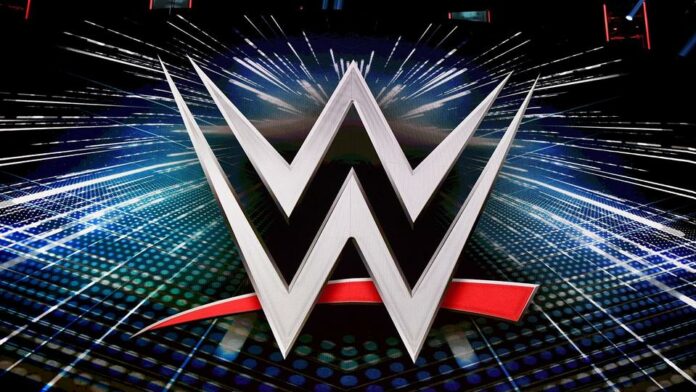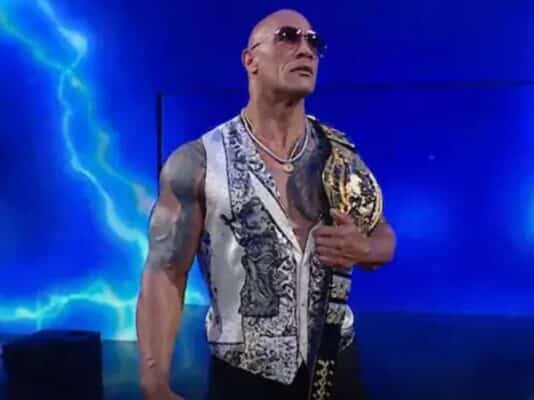
The landscape of college sports has witnessed a remarkable transformation over the years, with women’s wrestling emerging as a powerful testament to breaking gender stereotypes in athletics. Historically, wrestling was perceived as a male-dominated sport, but women have been steadily changing this narrative. Their participation in college wrestling has not only challenged traditional gender roles but also opened doors for greater inclusivity in sports.
While college students are often engrossed in academic pursuits, from attending lectures to the decision to pay for essay services for complex assignments, women’s wrestling has carved out a space where female athletes can showcase their strength, skill, and determination. This article delves into the evolution of women’s wrestling in colleges, highlighting its challenges, triumphs, and the impact it has had on female athletes and the broader sports community.
The Early Days of Women’s Wrestling in Colleges
Pioneering the Path
The genesis of women’s wrestling in colleges was rooted in a grassroots movement driven by passionate female athletes. These women, undeterred by the prevailing norms of their time, sought recognition and opportunities in a sport traditionally dominated by men. Their journey was fraught with resistance and skepticism from various quarters. Yet, their unwavering perseverance and determination gradually began to change attitudes. Their struggle transcended the boundaries of sports. It was a fight against ingrained societal norms and a push for gender equality in athletics. They were not just athletes. They were trailblazers advocating for change.
This early phase was pivotal in setting the stage for the growth and acceptance of women’s wrestling. The resilience of these women in the face of challenges inspired others and began to slowly alter the landscape of college sports. They were pioneers in the truest sense, opening doors for future generations of female wrestlers and setting a precedent for inclusivity in sports.
First College Teams and Competitions
The formation of the first women’s wrestling teams in colleges was a watershed moment in the history of the sport. These initial teams were more than just athletic groups. They were symbols of a changing tide in college sports. Institutions like Pacific University and Menlo College were among the early adopters, recognizing the value and potential of women’s wrestling. By establishing these teams, they provided a much-needed platform for female athletes to demonstrate their skills and passion for the sport.
These pioneering teams laid the foundation for formal competitions and championships at the collegiate level, legitimizing women’s wrestling as a competitive sport. The establishment of these teams and the organization of competitions were crucial in providing women wrestlers with the opportunity to compete on equal footing with their male counterparts. This era marked the beginning of a new chapter in women’s wrestling, one that would see significant growth and development in the years to come.
Overcoming Obstacles
The journey of women in collegiate wrestling was marked by significant challenges. They faced a lack of funding and resources, and perhaps more dauntingly, they had to combat pervasive stereotypes and biases against women in wrestling. Despite these hurdles, the grit and determination exhibited by these athletes were extraordinary. They continued to display exceptional skill, strength, and spirit, proving that wrestling was a sport defined by talent and dedication, not by gender.
Their success in the face of adversity served as a beacon of inspiration for a new generation of female wrestlers. It was a testament to their resilience and a signal to the world that women had an equal place in the wrestling arena. Their achievements played a crucial role in breaking down barriers and laying the groundwork for future successes in the sport.
The Impact on Female Athletes and College Sports
Empowerment and Representation
The evolution of women’s wrestling in colleges has been a powerful force for empowerment and representation. It has given female athletes a platform to showcase their skills and dedication, challenging stereotypes and redefining what it means to be a wrestler. Women wrestlers have seized the opportunity to represent their colleges at national and international levels, earning recognition and accolades for their hard work.
This growth in women’s wrestling has not only impacted the athletes themselves but also inspired countless young girls to pursue the sport. It has shown them that there are no limits to what they can achieve in athletics, regardless of gender. The success of women in wrestling is a beacon of hope and inspiration, demonstrating the potential for greatness in every individual.
Changing Perceptions
The role of women’s wrestling in altering perceptions about women in sports cannot be overstated. It has challenged and changed the long-held belief that certain sports are the domain of one gender. Women in wrestling have shown that athletic ability is not limited by gender and that they can excel in sports that were once considered exclusive to men.
This shift in perception has been crucial in promoting gender equality and diversity in college sports. It has opened doors for more inclusive and equitable participation in all sports, paving the way for a more diverse and representative athletic community. The impact of women’s wrestling extends beyond the mat. It is a powerful force for change in the wider world of sports and beyond.
Conclusion
The journey of women’s wrestling in colleges is a story of resilience, empowerment, and breaking stereotypes. It symbolizes the broader struggle for gender equality in sports and society. As students continue to seek the best paper writing service for their academic needs, women wrestlers are writing their own stories of success and changing the narrative in college sports. Their achievements are not just victories in the ring. They are milestones in the ongoing fight for equality and representation in every arena.












